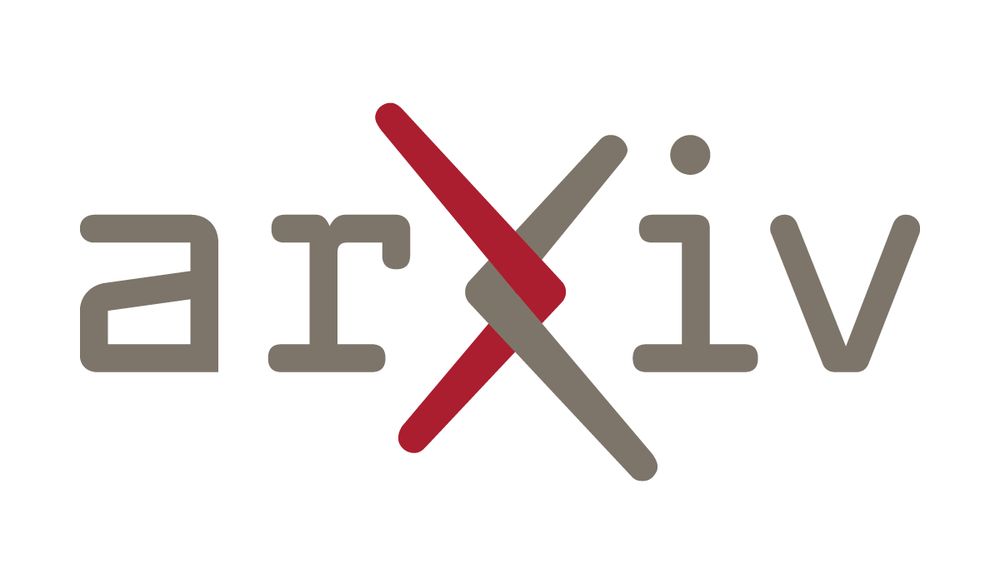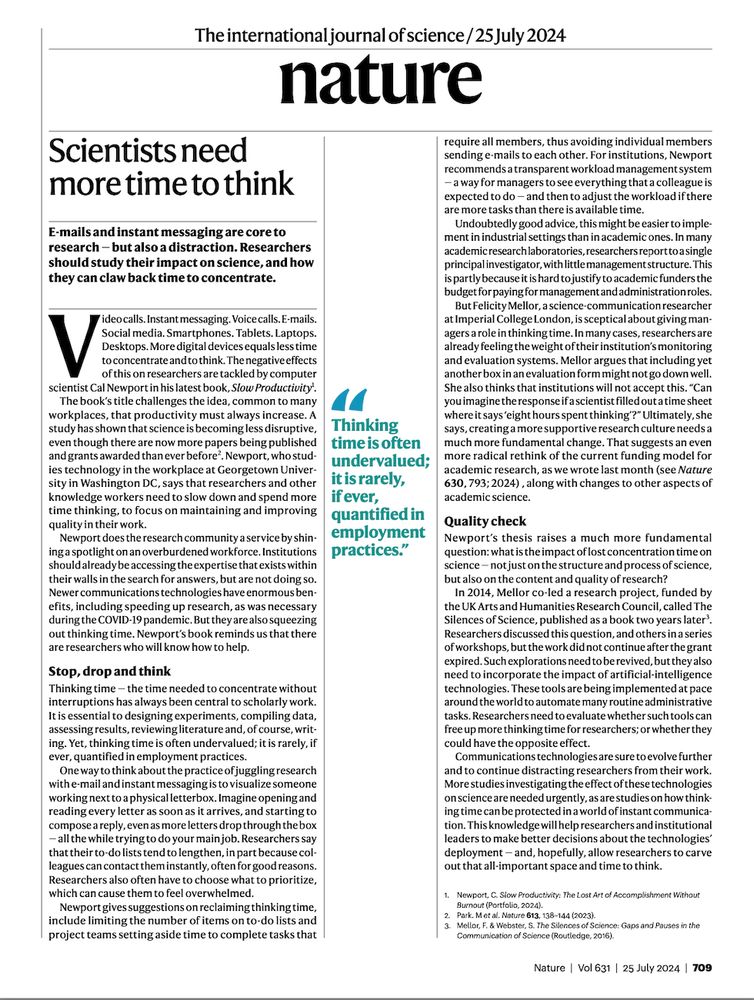
Are you an engineer who cares about writing? Or do you know someone who does?
See: writewithmarker.com/jobs
More details below 👇
Are you an engineer who cares about writing? Or do you know someone who does?
See: writewithmarker.com/jobs
More details below 👇
arxiv.org/abs/2503.14481

arxiv.org/abs/2503.14481
Join us on the Autonomous Assistants team (led by
@egrefen.bsky.social) to explore multi-agent communication—how agents learn to interact, coordinate, and solve tasks together.
DM me for details!
Join us on the Autonomous Assistants team (led by
@egrefen.bsky.social) to explore multi-agent communication—how agents learn to interact, coordinate, and solve tasks together.
DM me for details!
🚨 We've put LLMs to the test as writing co-pilots – how good are they really at helping us write? LLMs are increasingly used for open-ended tasks like writing assistance, but how do we assess their effectiveness? 🤔
arxiv.org/pdf/2503.19711
🚨 We've put LLMs to the test as writing co-pilots – how good are they really at helping us write? LLMs are increasingly used for open-ended tasks like writing assistance, but how do we assess their effectiveness? 🤔
arxiv.org/pdf/2503.19711


